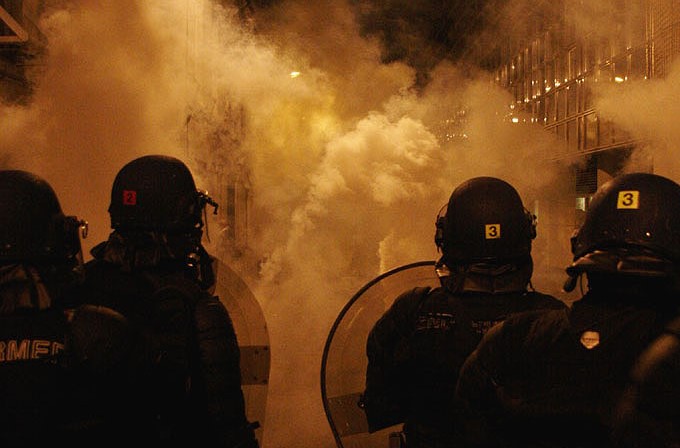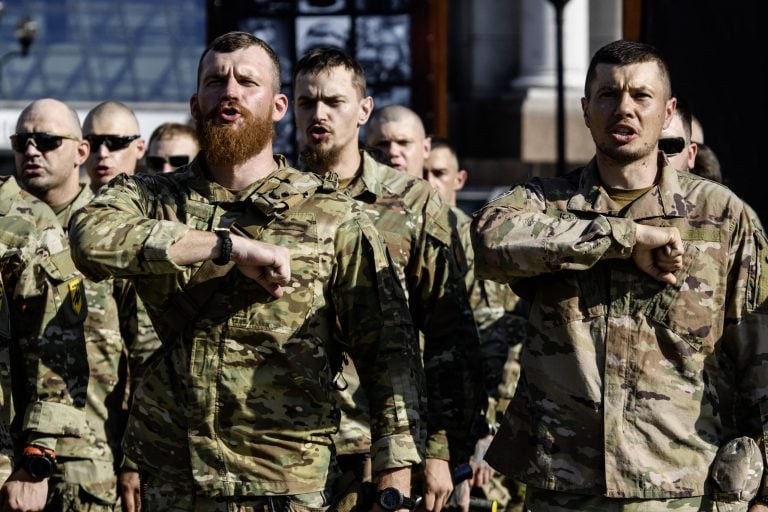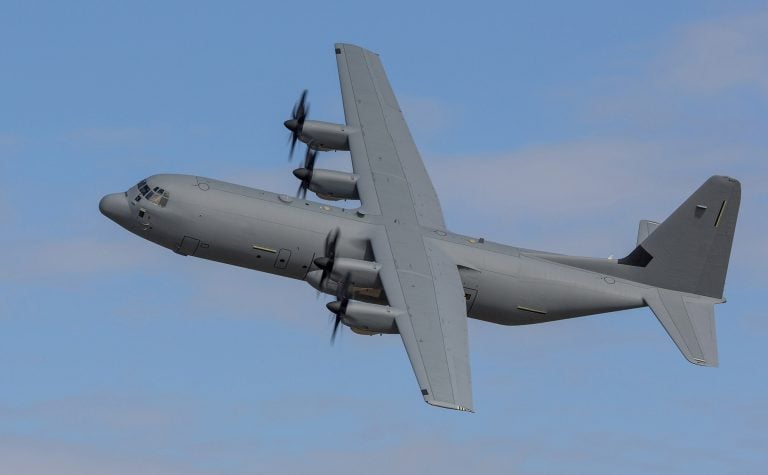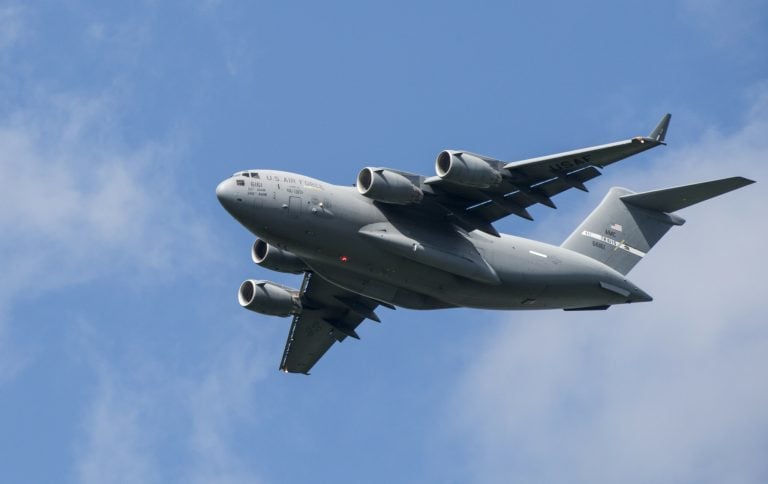The Organisation for the Prohibition of Chemical Weapons (OPCW) has reported the detection of the banned riot control agent CS in samples collected by Ukraine from the frontline amidst its ongoing conflict with Russia. The findings emerged from an analysis of nine samples submitted to the OPCW, indicating the presence of the toxic agent in various forms, including four grenade shells, three soil samples, and two vegetation samples taken from an area adjacent to a dugout.
Although the OPCW confirmed the presence of CS, it refrained from attributing responsibility for its use to either Ukraine or Russia. CS gas, primarily known for its capacity to cause irritation to the eyes, skin, and respiratory system, is prohibited under international law as a weapon of war; its deployment is only permissible in situations of civil disorder and not in armed conflict.
The escalation of accusations regarding chemical weapon usage in the three-year conflict has seen both nations alleging that the other has resorted to such tactics. Ukrainian officials, supported by allies in the West, have pointed fingers at Russia, claiming instances of the deployment of prohibited weapons. In light of these allegations, Ukraine had requested a thorough investigation by the OPCW into three specific incidents involving potential chemical weapon use: one on October 2, 2024, near Mariivka, and two others on October 12 and 14 near Illinka.
OPCW’s analysis confirmed that all grenades retrieved from the identified locations contained CS as well as associated compounds or degradation products. Additionally, both soil and vegetation samples submitted by Ukraine corroborated the findings. This report marks the second occasion that the presence of riot-control agents has been substantiated along the confrontation lines, specifically in the Dnipropetrovsk region, highlighting a concerning trend in the conflict.
OPCW Director General Fernando Arias stressed the urgent necessity of adhering to and reinforcing the tenets of the Chemical Weapons Convention (CWC), which strictly prohibits the utilization of agents like CS in warfare settings. The organization’s November findings had first indicated the use of riot-control gas in active conflict zones in Ukraine, raising significant alarm within the international community regarding the implications for warfare norms.
Moreover, accusations from Britain and the United States have implicated Russia in the use of other toxic agents, including chloropicrin, since its invasion of Ukraine in 2022, further escalating calls for accountability. Russia has countered these allegations by claiming that it has dismantled its military chemical arsenal; however, international pressure continues to mount for increased transparency regarding the alleged employment of toxic weapons. The continued findings of CS in the conflict area have intensified discussions on the safety and ethical implications of chemical agents in wartime scenarios.







